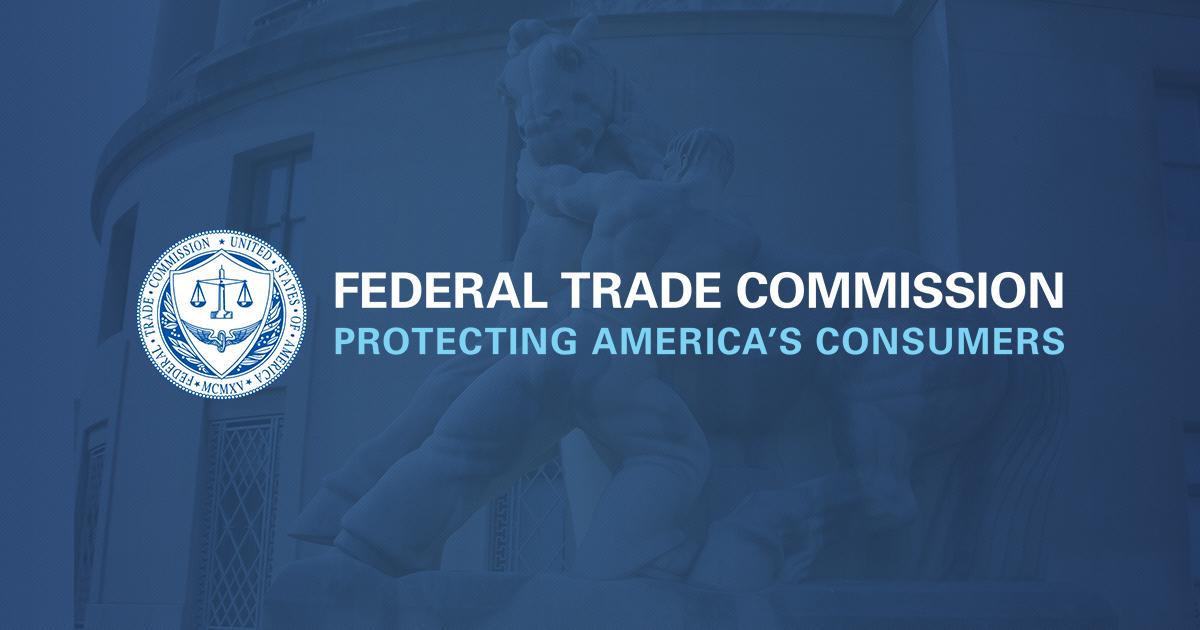The Federal Trade Commission has launched the 10th annual National Consumer Protection Week, March 2 – 8, 2008, in collaboration with federal, state, and local agencies and national consumer advocacy organizations committed to consumer protection and education. This year’s theme, “Financial Literacy: A Sound Investment,” encourages consumers to take steps to increase their financial know-how and build a solid financial foundation for the future.
Consumers conduct some type of financial transaction requiring an educated decision every day: shopping for a mortgage or auto loan; understanding and reconciling credit card statements and telephone bills; choosing savings and retirement plans; comparing health insurance policies; understanding their credit report and how it affects their ability to get credit and on what terms; or simply deciding how to pay for a purchase.
“Education is the first line of defense for consumers who want to manage their money wisely and protect themselves from frauds and rip-offs,” said Lydia Parnes, Director of the FTC’s Bureau of Consumer Protection. “The resources available for NCPW 2008 help consumers master the financial facts of life.”
The NCPW web site, www.consumer.gov/ncpw, has information to help consumers manage their money wisely and protect themselves against fraud. For organizations who would like to promote financial education during National Consumer Protection Week, there is an “Outreach Toolkit” that offers free resources like an article to insert in a newsletter or magazine; a press release to send to media; a PowerPoint slide show for presentations; a letter-to-the editor to send to the local newspaper editor; Web banners and buttons to post online, and radio public service announcements to send to local radio stations.
NCPW is sponsored by the FTC, the Federal Citizen’s Information Center, the U.S. Postal Service, the U.S. Postal Inspection Service, the Federal Communications Commission, Federal Deposit Insurance Corporation, the Comptroller of the Currency, the National Association of Consumer Agency Administrators, the National Consumers League, AARP, the Better Business Bureau, Call for Action, the Consumer Federation of America, and the National Association of Attorneys General.
The FTC works for the consumer to prevent fraudulent, deceptive, and unfair business practices in the marketplace and to provide information to help consumers spot, stop, and avoid them. To file a complaint in English or Spanish or to get free information on any of 150 consumer topics, call toll-free, 1-877-FTC-HELP (1-877-382-4357), or use the complaint form at www.ftc.gov/complaint. The FTC enters Internet, telemarketing, identity theft, and other fraud-related complaints into Consumer Sentinel, a secure, online database available to more than 1,600 civil and criminal law enforcement agencies in the U.S. and abroad. For free information on a variety of consumer topics, click www.ftc.gov/bcp/consumer.shtm.

